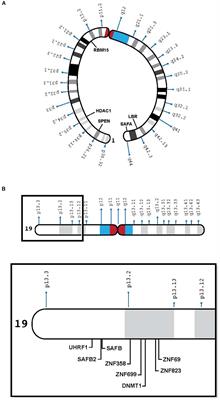EDITORIAL
Published on 23 Apr 2020
Editorial: Gene Regulation From the X-Chromosome During Development and Disease

doi 10.3389/fcell.2020.00272
- 2,209 views
15k
Total downloads
101k
Total views and downloads
EDITORIAL
Published on 23 Apr 2020

PERSPECTIVE
Published on 21 Jan 2020
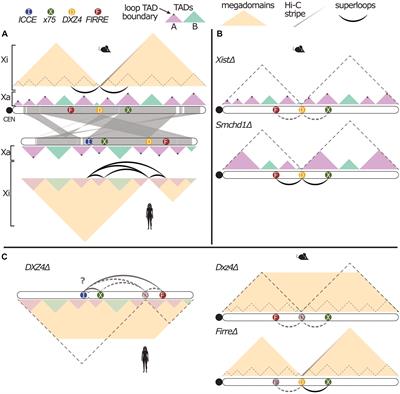
PERSPECTIVE
Published on 31 Oct 2019
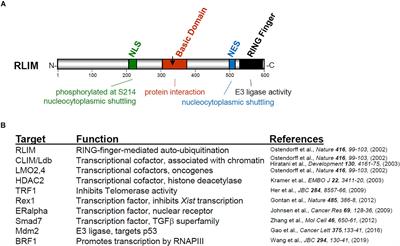
REVIEW
Published on 22 Oct 2019
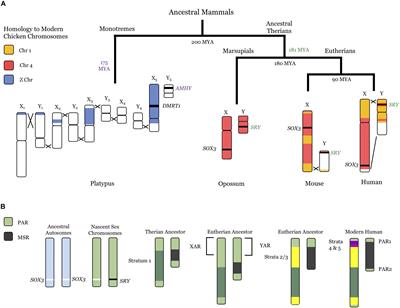
REVIEW
Published on 01 Oct 2019
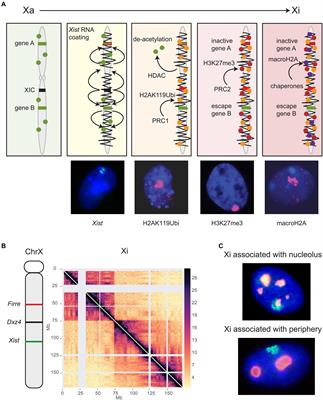
MINI REVIEW
Published on 06 Sep 2019
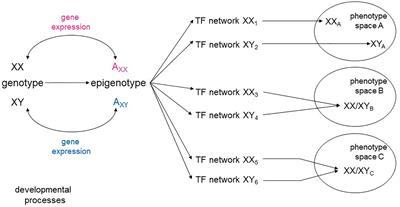
REVIEW
Published on 03 Sep 2019
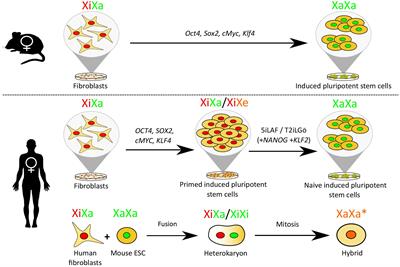
MINI REVIEW
Published on 06 Aug 2019
